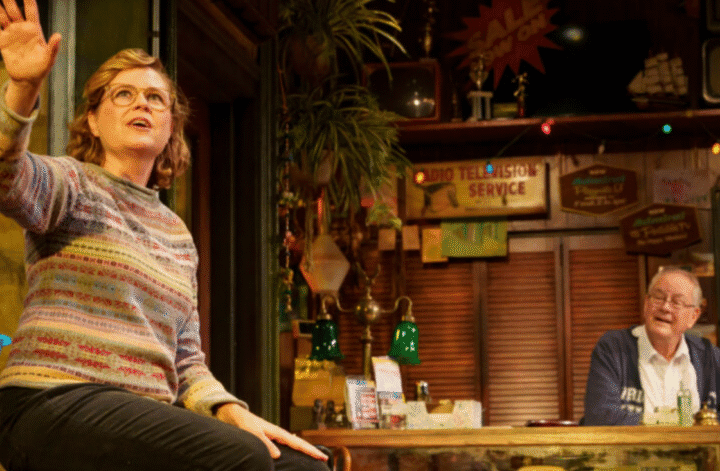Who’s Judging The Judges?
Ilana Jael
Ilana Jael earned her MFA in Creative Nonfiction from Sarah Lawrence College and a BA in Writing and Psychology from Florida Atlantic University’s Wilkes Honors College. She also served as co-founder of the student theatre troupe “Theatre in the Raw.” She has been dabbling in both playwriting and acting since high school. A few favorite roles include Rebel in Columbinus (Bob Carter’s Actor’s Rep), The Fearful One in The Cave (G-Star School of The Arts), and Amanda in The Glass Menagerie (Theatre In The Raw). Her one-act plays Goodbye, Karma’s A Bitch, Certainly Not About Him, and Open Heart have also been previously performed at Actor’s Rep and/or at Florida Atlantic University. More recently, Ilana appeared in and created the original musical ZeeZou’s Stardust Extravaganza with Area Stage’s Miami Queer Theatre Collective. Her short plays have been produced virtually by New City Players, Theatre Lab, and Femuscripts. She is also a current company member of New City Players, and you can check out her theatre blog at ilanaintheatreland.com!

